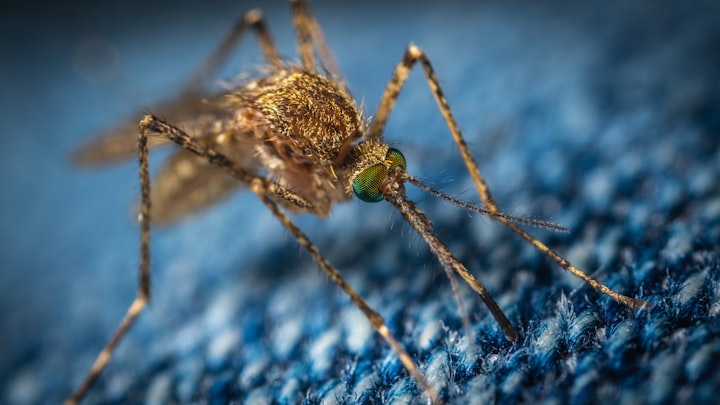Earth without mosquito
A mosquito factory

A mosquito factory in Brazil is on the verge of releasing 5 billion infected mosquitoes throughout the country for the first time ever. Is this the plot of a science fiction movie or one of the most brilliant scientific endeavors I have encountered in a long time? Spoiler alert: it is the latter. We all despise mosquitoes, and for good reason. Aside from being a constant annoyance with their buzzing and itchy bites, they are actually the deadliest creatures to humans. They kill more humans than any other animal, primarily by spreading diseases. However, before we delve into why scientists would want to increase their numbers, let us ponder the question: couldn't we simply eradicate them all? Would it truly be so terrible if we eliminated every mosquito on Earth? Nature Journal conducted an analysis on this very question and discovered that the consequences would not be as catastrophic as one might think, at least not for humans. Furthermore, only a few species heavily rely on mosquitoes, such as certain birds and fish, and they would likely adapt and find alternative sources of sustenance. While it is true that some mosquitoes serve as pollinators, there is no exclusive reliance on them by humans. It is important to note that there are approximately 3,200 species of mosquitoes, and only 200 of them bite humans. Therefore, it would be unfair to exterminate them all, considering the impact of the biting ones.
Every year, approximately 247 million individuals contract malaria, along with various other diseases such as Deni and Zika. While eradicating mosquitoes may seem beneficial for humans, the feasibility of such an endeavor and the potential ecological consequences need to be considered. However, scientists have come up with an unconventional solution - producing more mosquitoes in a controlled environment. This may sound absurd, but it turns out that scientists have discovered a way to prevent disease transmission from mosquitoes without resorting to mass extermination. This breakthrough involves a bacteria called waki, which has been a relatively understudied aspect of mosquito biology for the past century. Recent research has shown that when waki is present in mosquitoes that transmit viruses like yellow fever and chikungunya, the viruses are unable to thrive within the mosquitoes. This initially puzzled scientists, but they soon realized that waki outcompetes other pathogens, such as the Deni virus. Consequently, when waki is present, the virus cannot replicate effectively and, therefore, cannot be transmitted to humans. Furthermore, if wakia-infected mosquitoes are released into the wild, they will infect other mosquitoes with wakia. If an infected male mosquito mates with a non-infected female, the eggs she lays will not hatch. If the female is infected and the male is not, the eggs will hatch, but all the offspring will be infected with waki. The same outcome occurs if both the male and female are infected. As a result, the number of mosquitoes carrying waki multiplies rapidly after a few generations.
The wild mosquito population in Den cases has significantly decreased as shown by one of the first comprehensive studies in Indonesia. The intervention's protective efficacy was found to be 77.1%, meaning individuals in those areas were four times less likely to develop the disease. While some test sites had results as low as 38%, which is still a significant reduction in disease prevalence. The lower results in some communities may be due to the time it takes for waki to spread throughout the entire mosquito population, depending on their size and environment. Recent results from the Abura Valley in Colombia, released in November 2023, showed a decline of 95 to 97% in Den fever, marking the lowest rate in 20 years for the region. This achievement is even more remarkable considering the rest of the Americas experienced the second-worst year for Deni fever since 1980. The Colombia project, which began releasing waki-infected mosquitoes in 2015, saw a 95% reduction in Deni fever, prompting efforts to deploy these modified mosquitoes more effectively over larger areas. Collaboration is underway in Brazil, where Deni fever is a significant issue, to establish a facility capable of producing up to 100 million mosquitoes per week for deployment in multiple cities. It is important to note that about 50% of all insects naturally carry waki, including the common house mosquito that most people have encountered. If waki posed a significant risk to humans, we would have already observed its effects.
About the Creator
naol abraham
now I am living here as a guest and um gonna leave this world one day!






Comments
There are no comments for this story
Be the first to respond and start the conversation.